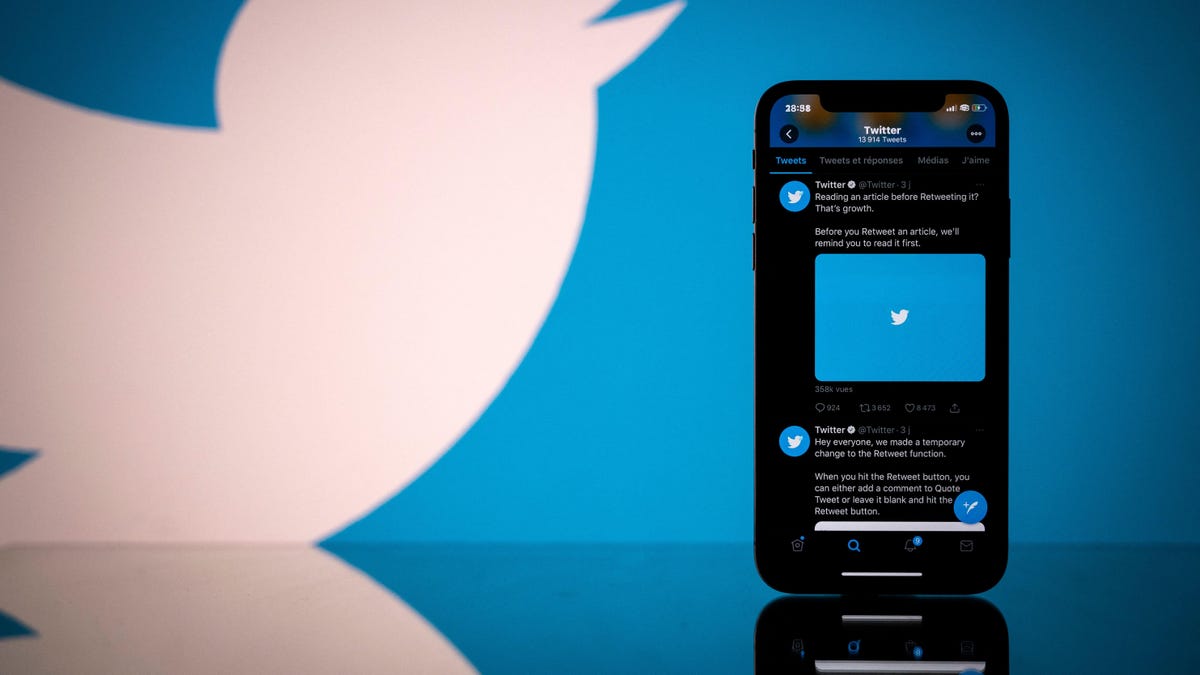
In addition, Musk tweeted out a story from the New Yorker’s Ronan Farrow, published the same day of the hearing, detailing how many of the whistleblower’s former colleagues had been approached and offered money for information on him by numerous companies on behalf of their clients.
Advertisement
“Anyone know who the secret clients are? Let’s out them on Twitter rn haha,” Musk tweeted. In a subsequent tweet, he underlined that Zatko’s colleagues wanted to defend his credibility.
Advertisement
Lindsey Graham Gives Musk a Layup
Focusing on the platform itself, Republican Sen. Lindsey Graham of South Carolina asked Zatko whether he would recommend that people continue to use Twitter or “take a time out.” The Twitter whistleblower explained that he felt the social media platform was a “hugely valuable service” that he didn’t want to see shut down. He wanted it to get better.
Advertisement
Here’s where things got a little weird. Out of nowhere, Graham suddenly asks Zatko whether he would buy Twitter, given what he knows about the company. Considering we’ve been talking about topics like privacy, security, data access, and foreign agents, that question seemed a bit off. Could Graham be trying to buddy up to Musk?
Zatko seemed taken aback and appeared to laugh nervously.
“I guess that depends on the price,” the ex-employee said.
Thousands of Twitter Employees Had Access to Advertisers’ Banking Information
It seems that all platforms tell us that access to our banking information is sacred and super protected. According to Zatko, not so at Twitter. The whistleblower explained that when he first joined Twitter, “thousands of users [workers] had access to the advertiser’s information, including their bank accounts and routing numbers.”
Advertisement
“When I first joined, people could change that information,” Zatko pointed out. “And you can understand why changing the banking account information of a company such as Apple or Nike might be problematic.”